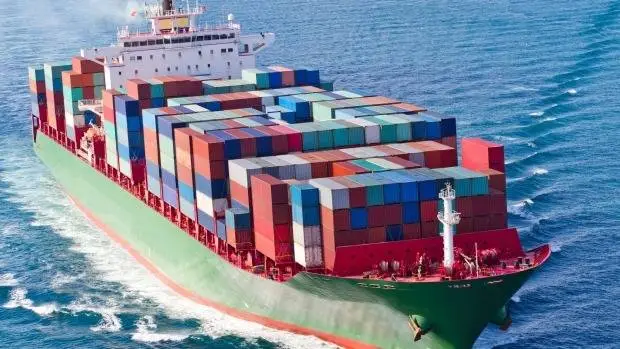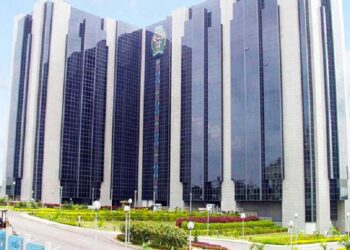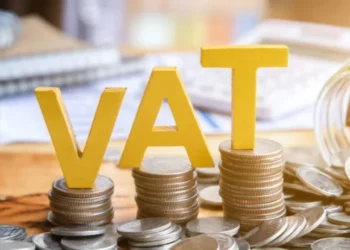The manager of Calabar Ports, Olumati Festus, has revealed that the port has not received a single container vessel in the past 25 years. This startling admission was made during an investigative visit by the House of Representatives Adhoc Committee on Ports and Harbours on Friday in Calabar.
Festus attributed the situation to the port’s shallow channel, which has not been dredged to accommodate larger vessels.
He emphasised that the port’s inability to receive bigger vessels has significantly affected the economy of the zone, highlighting the potential boost in economic activity and job creation if more vessels were able to access the port.
In addition to the channel’s limitations, Festus highlighted the deplorable state of the access road into Calabar as another significant challenge, noting that cargo-bearing trucks from Calabar to Akwa Ibom now take between four and five hours due to the poor road conditions.
To address these challenges, Festus urged the federal government to intervene urgently. Despite these obstacles, he noted that the port has managed to increase its monthly vessel reception from four to six to 20 to 21 vessels through proactive stakeholder engagement.
Responding to Festus’ concerns, Mr. Nnaji Nnolim, Leader of the delegation, assured that the federal government would prioritise the rehabilitation of Calabar Port and dredging its channels.
He pledged to ensure that the port benefits from the program and emphasised its critical importance not only to Nigeria but to West Africa as a whole, highlighting its potential for job creation.
Mr. Peter Odey, Deputy Governor of Cross River, echoed the sentiment, expressing gratitude to the federal government for including the cost of dredging the port channel in the 2024 budget.
He emphasised the Calabar Port’s role as an evacuation corridor to the Gulf of Guinea and stressed the importance of maximising its operational capacity.




